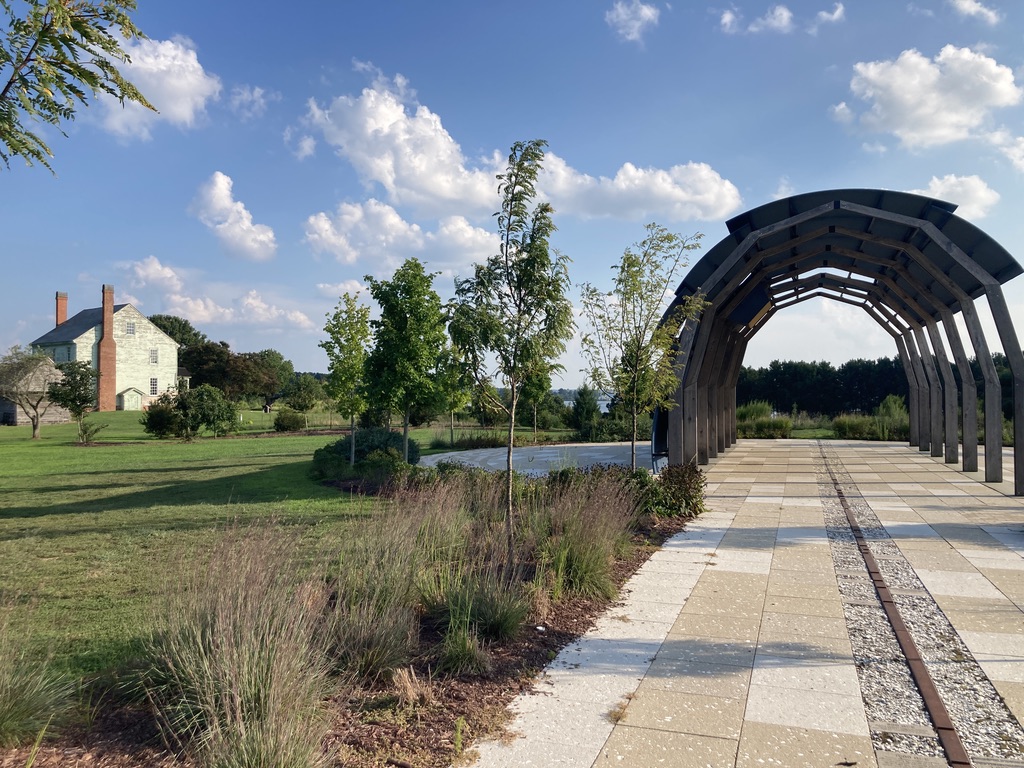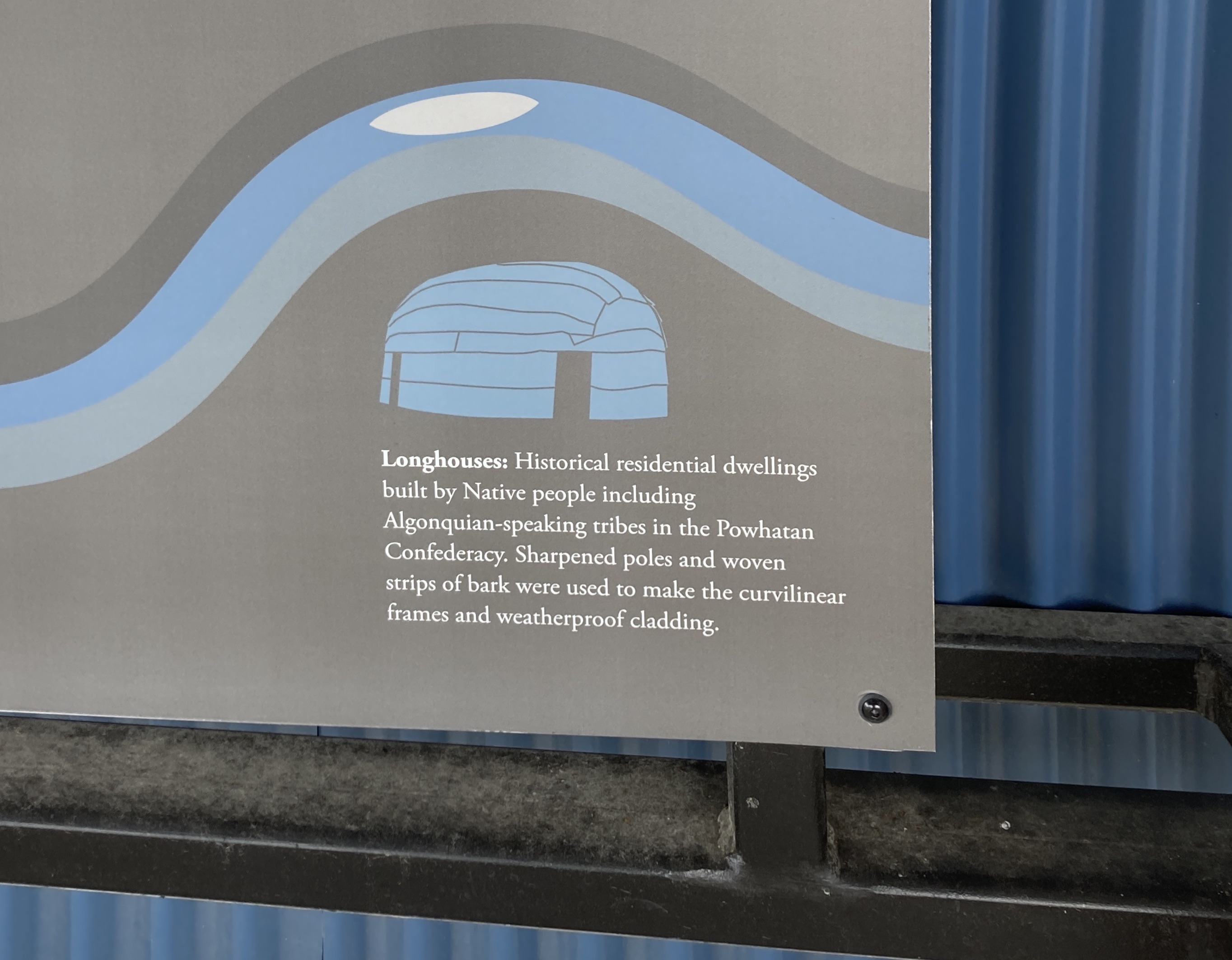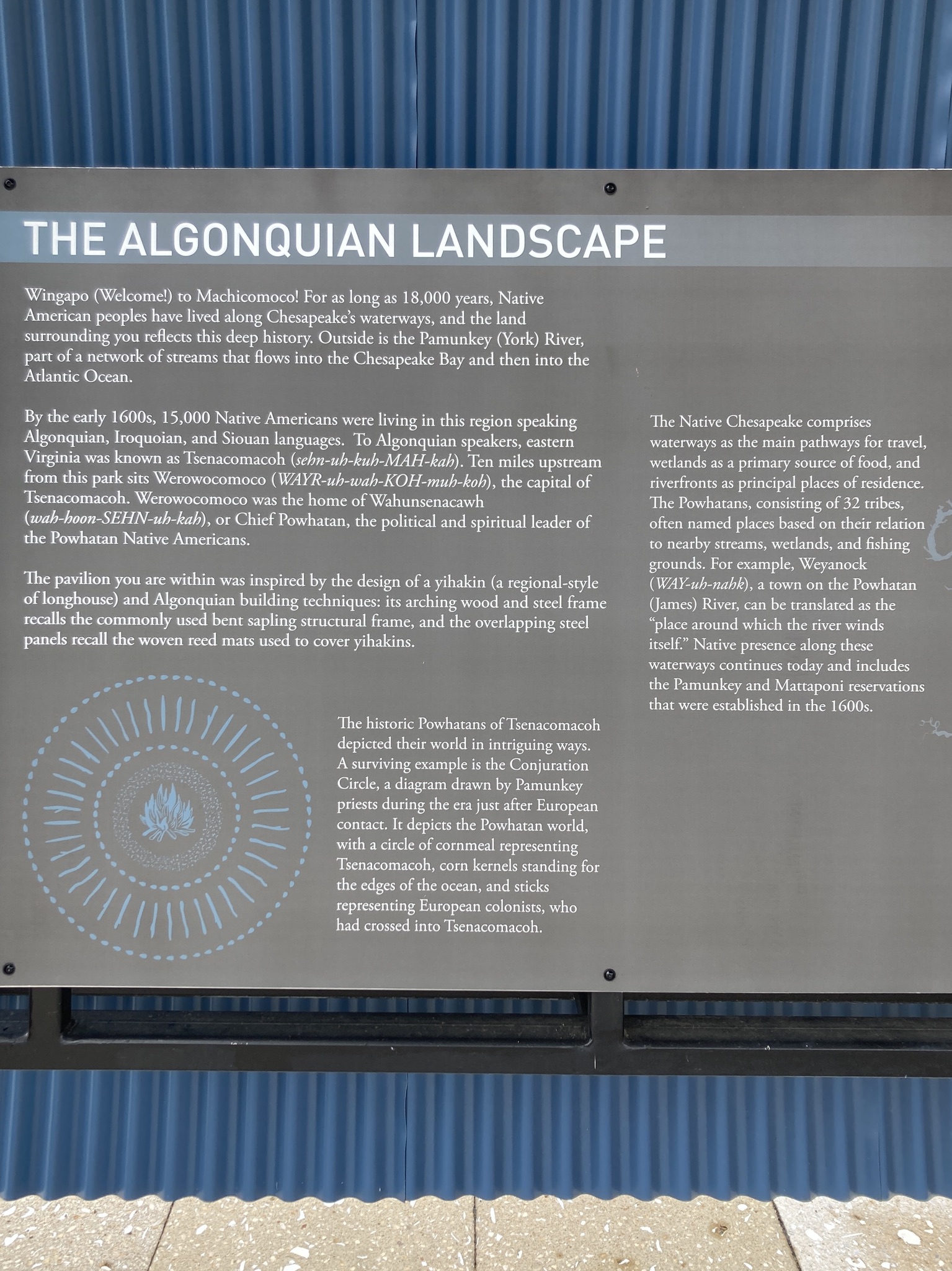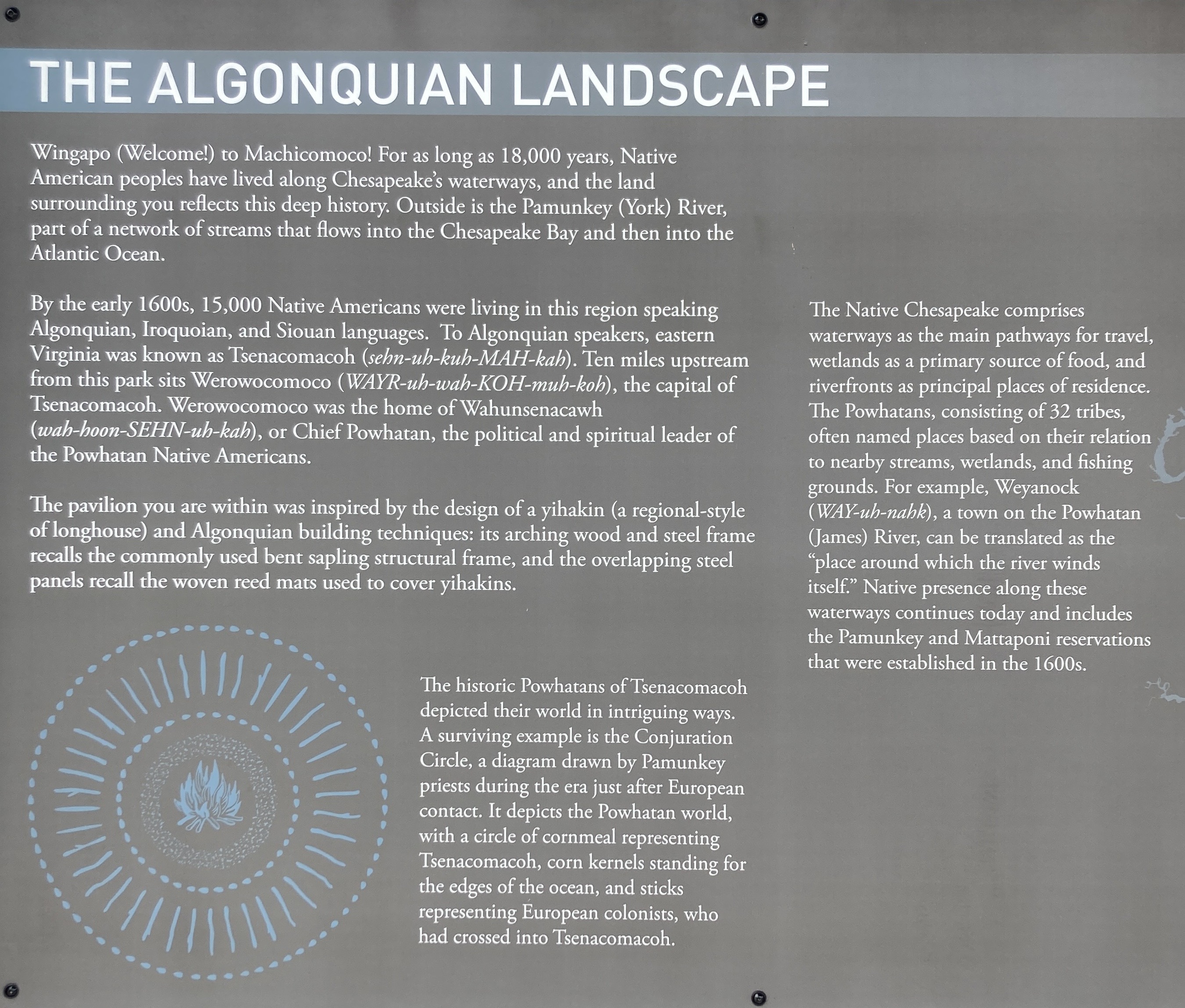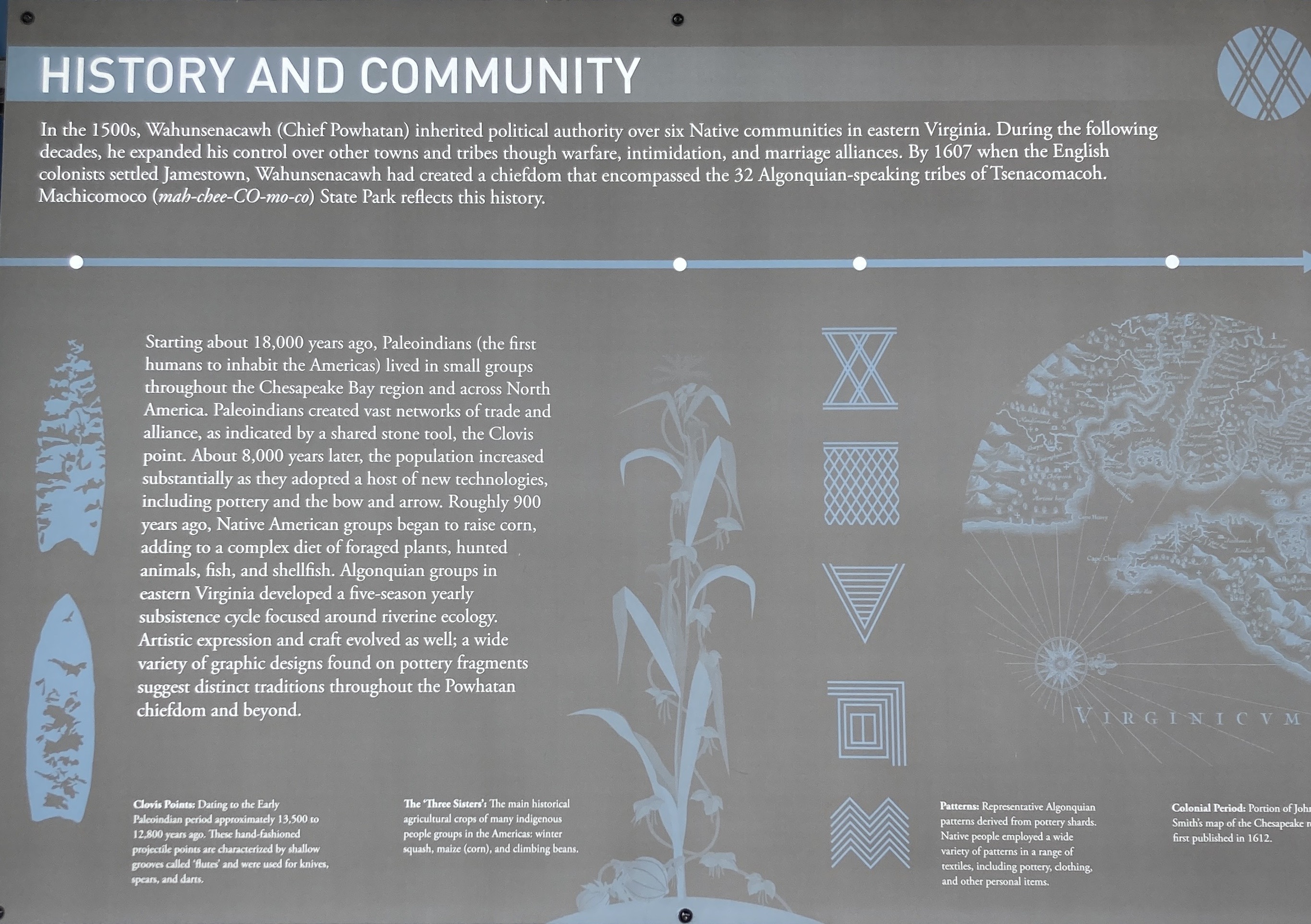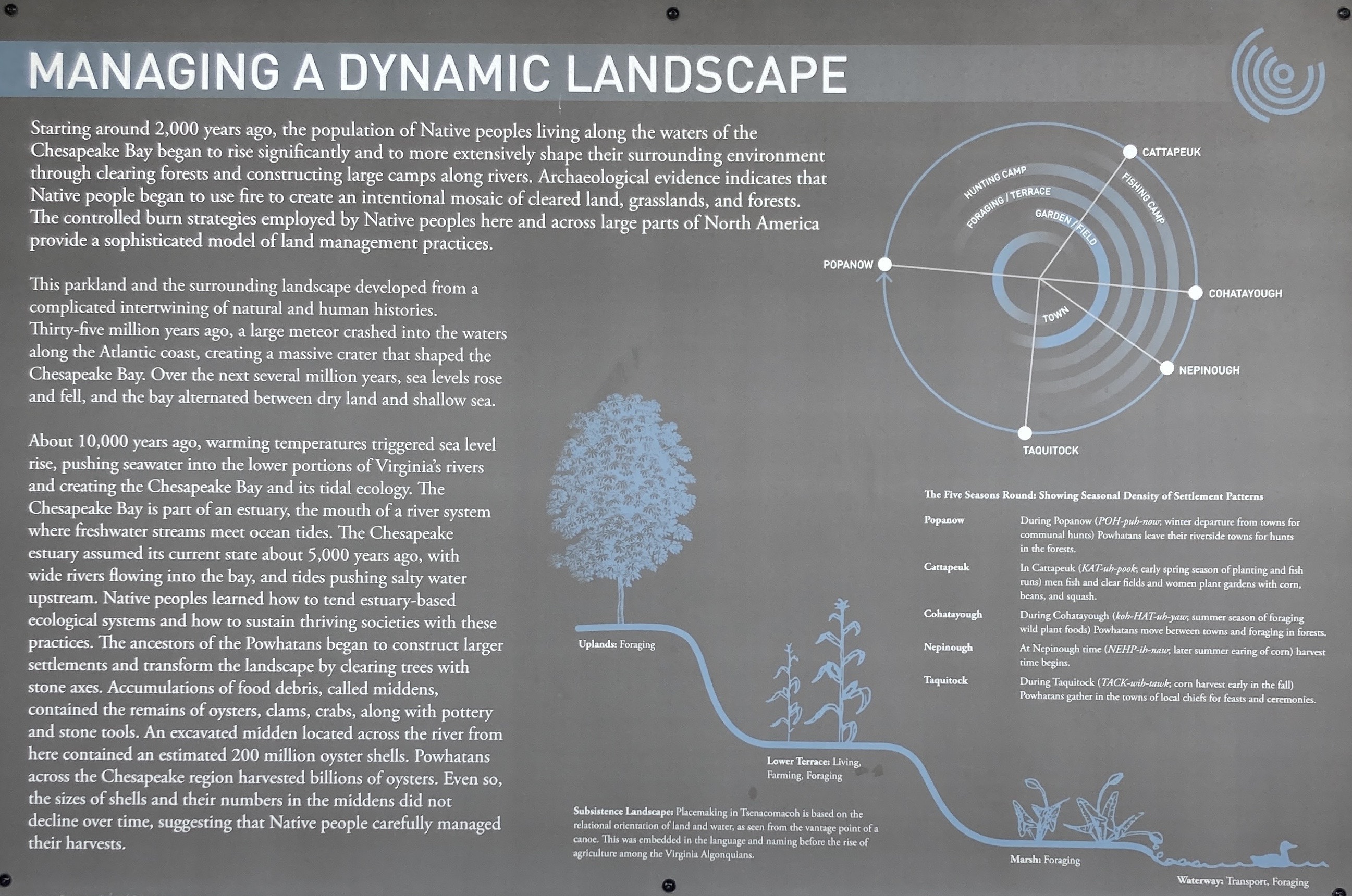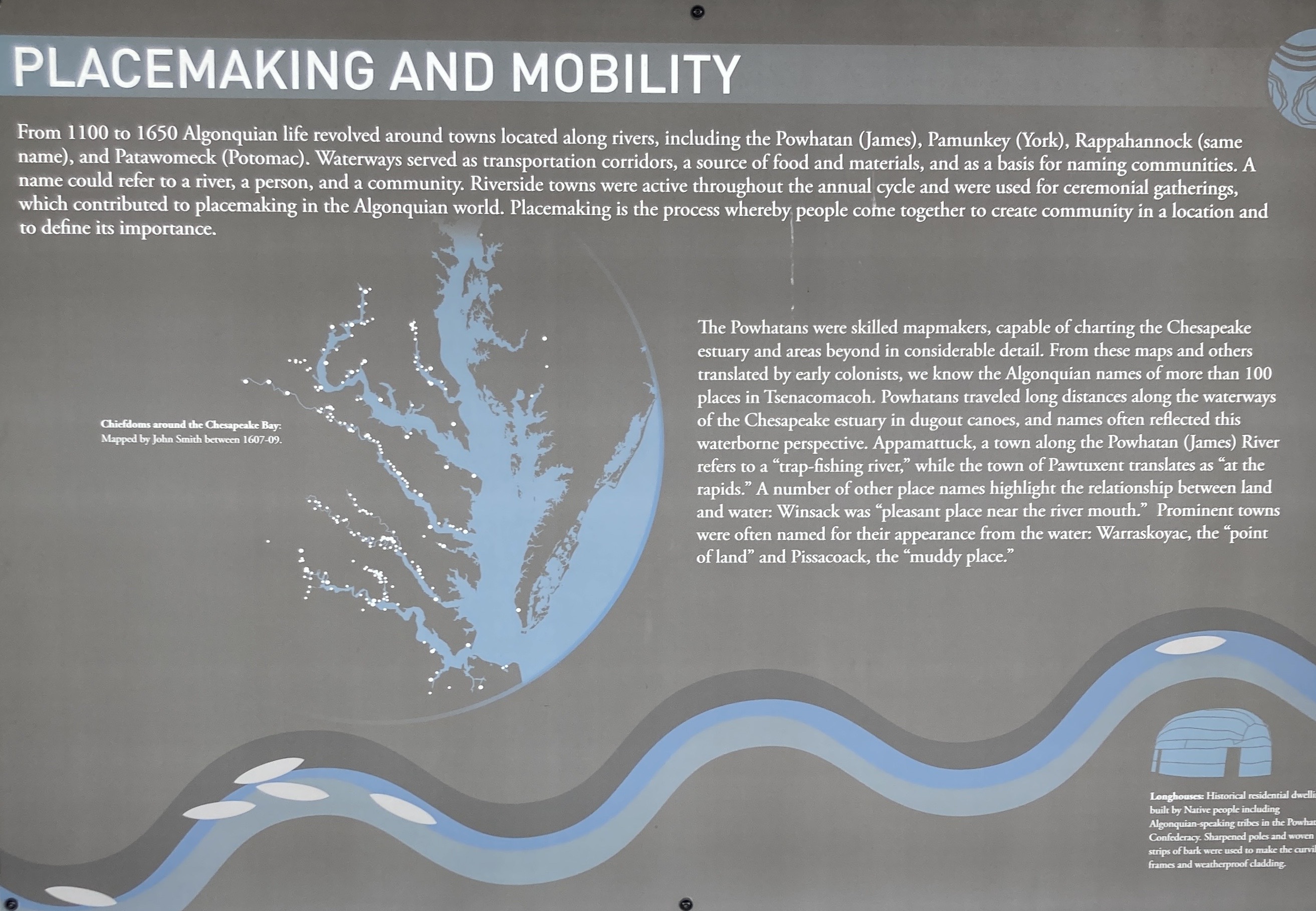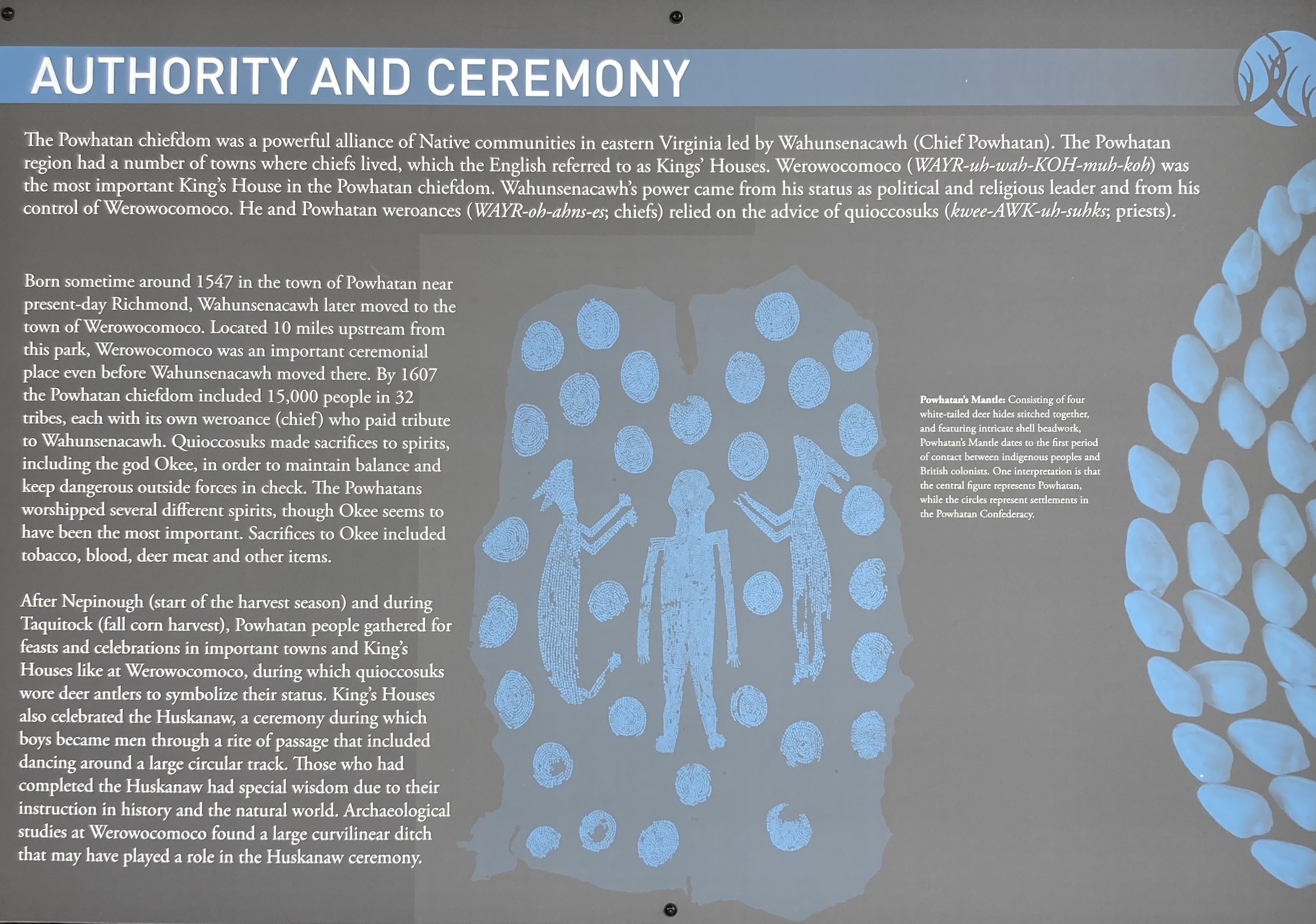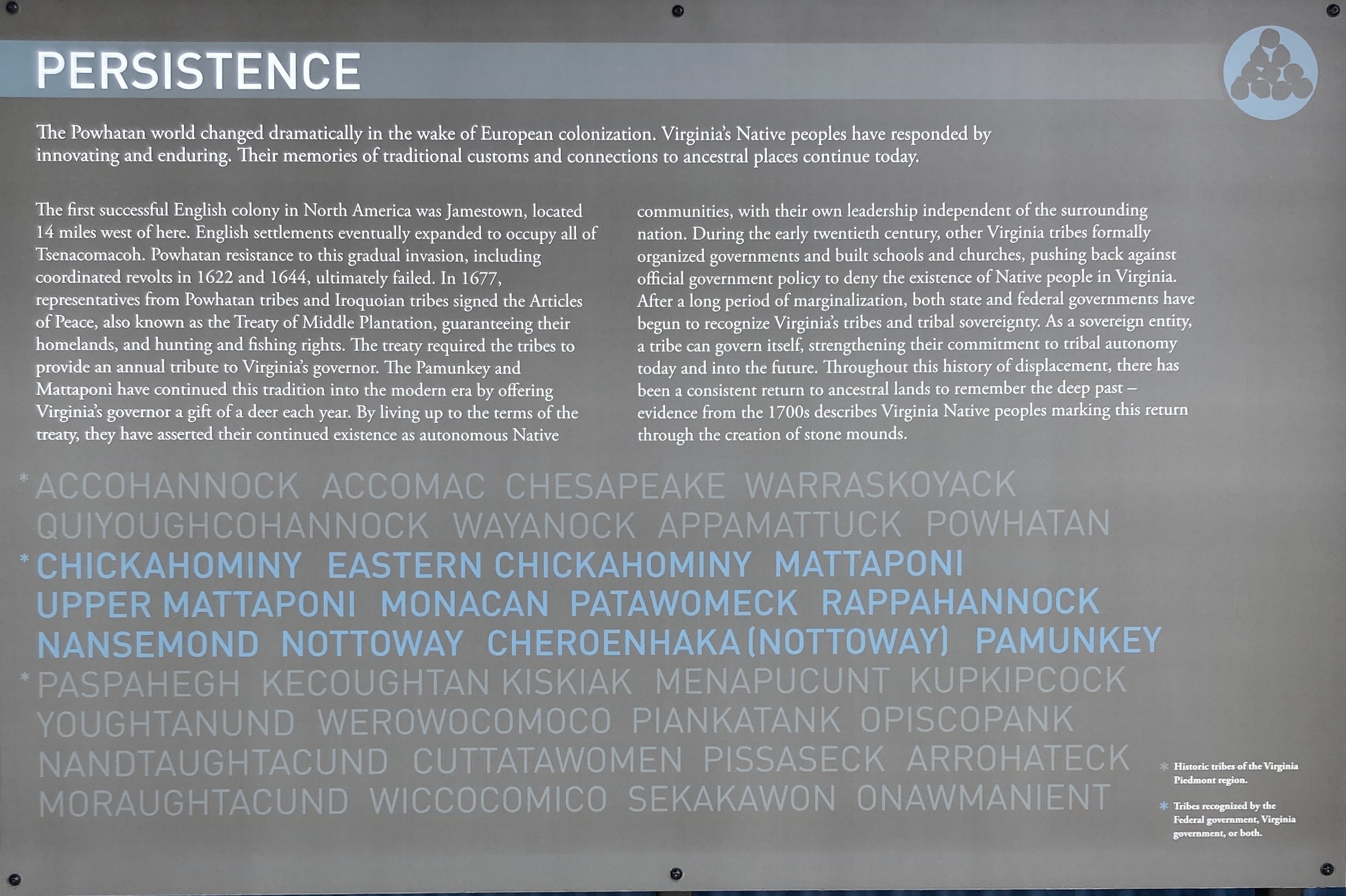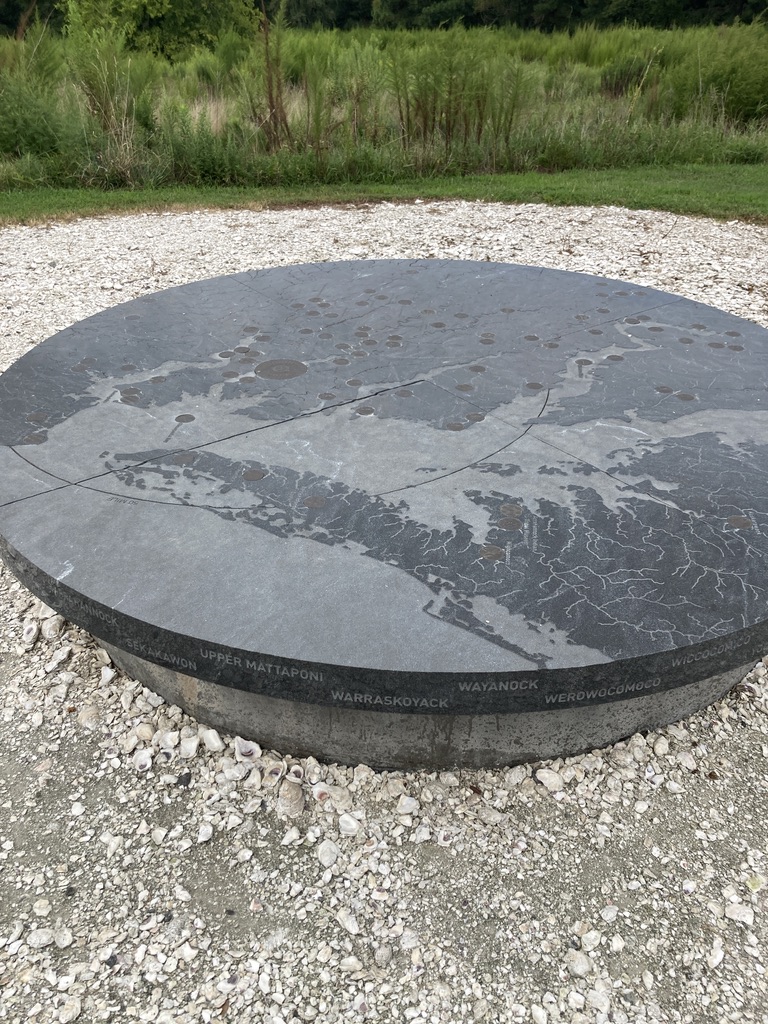FAMILY PRACTICE
Ongoing research and mapping project into the Catlett book of geneology:“A History of Two Virginia Families transplanted from County Kent, England. Thomas Baytop, Tenterden, 1638, and John Catlett, Sittingbourne, 1622.” Available here: https://archive.org/details/historyoftwovirg00stub re
I knew from childhood that my grandfather was raised on what I now know to be a post reconstruction plantation in Mississippi. As I grew up I felt I was the only person in my family interested in this, which is perhaps why it wasn’t until 2019 that I began my research in earnest. My research is informed by the language and politics of genealogy, as I have experienced it through my work with Coming To The Table an organization that I became a member of in 2019.
The organization does extensive work in the area of “linked descendants” which fosters connection and collaboration between the descendants of enslavers and the enslaved - writing books and creating resources needed to re-write family histories that foster reconciliation and reparations. At my first meeting of Coming to the Table I met a woman who connected me to a linked descenedant.
Later that same year I went on a trip to Ghana with the NAACP to commemorate the 400th Anniversary of the 1619 arrival of enslaved Africans to Virginia. On the trip we traced the slave trade going from Jamestown Virginia to Jamestown Ghana, into the interior where the enslaved prisoners were captured and then to the coast where they were imprisoned before being put on ships to endure the Middle Passage. I brought with me Saidiya Hartman‘s Lose Your Mother:
A Journey Along the Atlantic Slave Route which I recommend.

Cape Coast Castle, Ghana 2019
The Catlett’s who came to Virginia in 1650 were land speculators. They fought in American Revolution and the wars against Native Americans. They sat in the House of Burgesses that made the laws that institutionalized slavery. The 1850 Slave Schedules show 23 Catletts who brought enslaved people into 7 states. By 1860 the number had grown to 52 in 9 states. 210 Catletts fought in the Civil War - 139 for the Confederate and 71 for the Union, 21 of whom were colored troops. Because of the distinct name and the singular arrival of the first Catletts to Virginia most people in the US with this name are descendants. So this book of geneology is a small, yet extensive, core sample that shows the impact of one family on the institutionalization and disemmination of slavery and its legacy.
My interest is to transform the time and language of this book of geneology into series of maps that document the intersections of my family and those they enslaved and then, if appropriate, marking these intersections with performances that create openings for dialogue and co-creation. It is for me an effort to be a small part of the reparative work Ta-Nehisi Coate’s imagines as “a revolution of American consciousness, a reconciling of our self-image as the great democratizer with the facts of history.”
In 2023 I premiered a music/theater piece at Harlem Stage in NYC with Mabou Mines called The Vicksburg Project that gave me the opportunity to go to Mississippi and connect with some of my family history there, where my acestors settled in 1850, enslaved people and served in the Confederate Army. Although this project did not address my own family directly it did lay the groundwork for what might be possible and also made it clear how much I still did not know or understand.
Gloucester County 2023
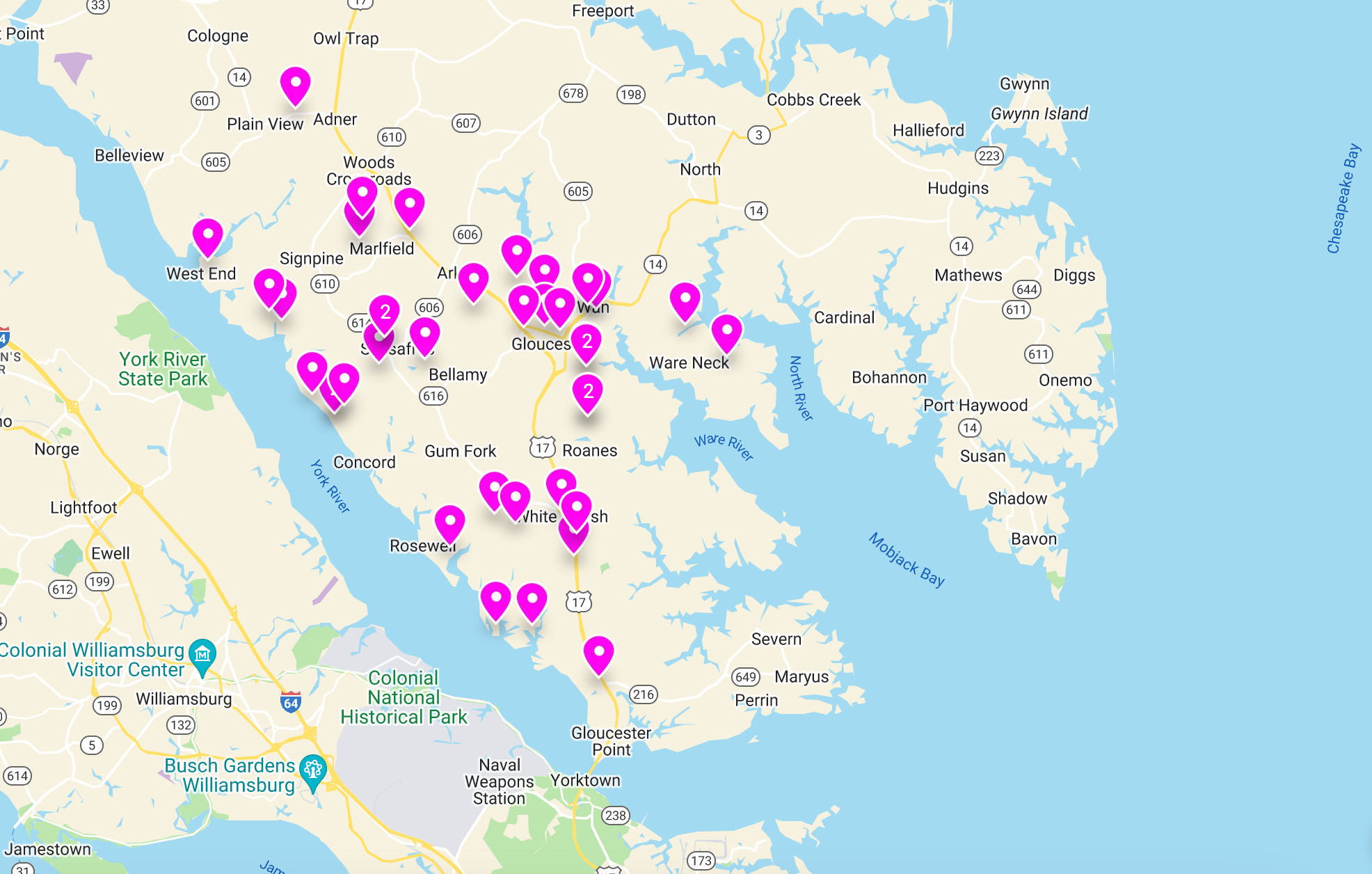
In 2023 I also visited Gloucester County Virginia having mapped the siginificant places from the book of geneology and places significant to the African American community. My linked descenedant, Newman T Baker’s grandparents were from Tidewater Virginia and his grandmother and great Aunt, Lizzy Baytop and Ada Catlette Baytop, were teachers in Gloucester County.
In 2019 the state of Virginia purchased Timberneck, a Catlett owned farm (1793 - 2006) that was part of the larger Rosewell Plantation and created Machicomoco State Park. In the Virginia Algonquian language, Machicomoco means "a special meeting place." The park is on land associated with the Powhatan alliance of Tribes, with the important town of Werowocomoco located about 10 miles upstream. Machicomoco is the first state park dedicated to Virginia's Indigenous peoples. (https://www.nps.gov/places/machicomoco-state-park.htm) This is the dedication of the park in 2019.
The videos and images that follow were taken on my trip. Descriptions and deeper context is part of my ongoing work. So please forgive the gaps left to fill.
Machimocomo Park: Native American Monument and Memorial Longhouse
